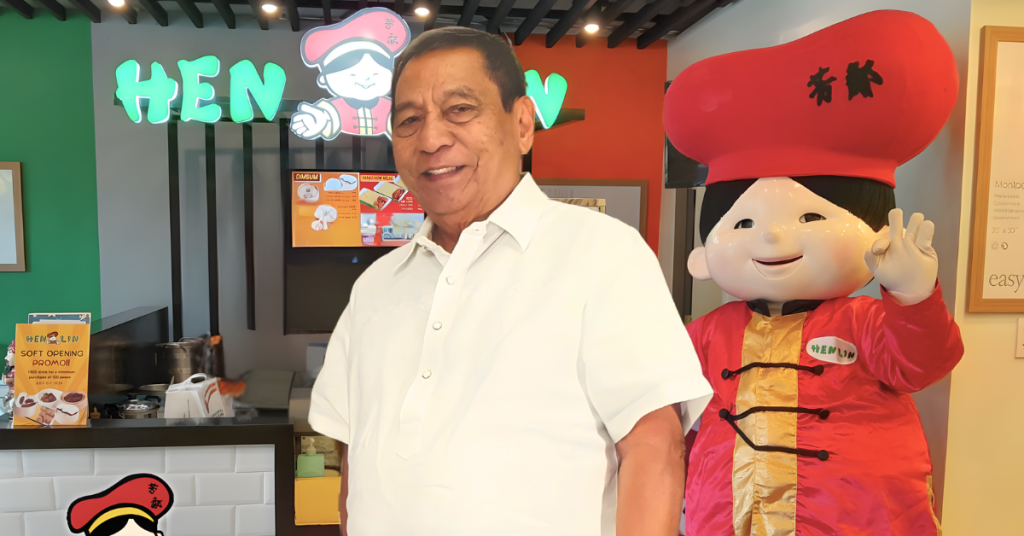The unconventional logistics hack that helped launch one of the Philippines’ best-known food brands
Before Henlin became a go-to name for siopao, siomai, and mami in the Philippines, its founder Mariano Manas was juggling a full-time career and a growing food business—with no logistics team, no delivery riders, and no tech platform.
Just sheer grit and resourcefulness.
In the early days, Manas was still an executive in the reinsurance industry. Despite his packed schedule, he operated a small food stall on the side. Managing deliveries while working a demanding corporate job seemed impossible—until he found an unlikely solution.
“Magda-drop by ako sa supermarket and I would ask a cigarette vendor to deliver my goods to my outlet to save on time,” Manas recalled.
That single line speaks volumes about the kind of entrepreneurship that built Henlin—creative, determined, and fiercely efficient. At a time when e-commerce didn’t exist and delivery logistics were informal at best, Manas leaned on whoever he could trust to move product. No task was beneath him, no resource too small to optimize.
This strategy wasn’t born out of convenience. It was born out of necessity. Both Manas and his wife had full-time jobs—she worked at a bank—so time was a scarce resource. “We never let yung sideline namin to interfere with or disrupt our work,” he emphasized.
Instead, they created a system around their constraints. From borrowing her office messenger to help with pickups to attending food preparation seminars under her name, the couple made the most of every hour, every contact, every tool at their disposal.
What started with humble siopao deliveries via a supermarket cigarette vendor eventually grew into a nationwide brand—and it all happened without sacrificing their main careers or overextending on overhead.
Key takeaway:
You don’t need fancy tools or big capital to get started. Sometimes, you just need to look around and use what’s already in front of you.
This article includes quotes from an interview originally published by Esquire Philippines, authored by Henry Ong.
![]()



